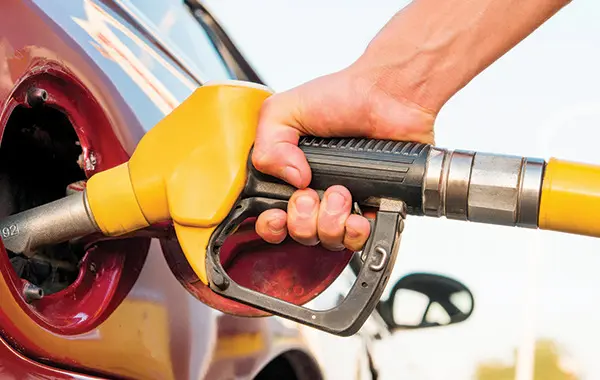
Is Ethanol a Viable Fuel Option for Vehicles?
According to the Renewable Fuels Association, more than 22 million flex-fuel vehicles are on the road in the United States. Flex Fuel Vehicles (FFV) are designed to run on either gasoline or a gasoline/ethanol blend containing up to 85% ethanol (E85). The FFV is just like a gasoline-only vehicle, with the exception of a few engine differences and fuel system modifications. With the trend towards the use of renewable resources, the use of ethanol blends should only increase in the future.
What Is Ethanol?
Ethanol is a renewable alcohol fuel produced from plant material, like corn, sugar cane, and various grasses. Ethanol is typically produced in rural areas of the U.S. It is increasingly being recognized as an alternative fuel option, as it reduces oil dependence and greenhouse gas emissions. According to the U.S. Department of Energy, ethanol fuel use in the U.S. increased from 1.7 billion gallons in 2001 to 14.5 billion in 2019 and the upward trend continues into 2021. Different blends of ethanol and gasoline are used in FFVs.
E10 and E15
Blends of ethanol and gasoline are designated by an “E,” which indicates the percentage of ethanol in the blend. All automakers approve the use of E10 in their vehicles. E10 contains up to 10% ethanol. E15 is safe to use in most vehicles newer than 2011, although it is important to check the vehicle specifications. Since ethanol contains less energy than standard gasoline, vehicles will get fewer miles per gallon when using E10 and E15.
E85 (Flex Fuel)
Flex Fuel contains 51% to 83% ethanol. The amount of ethanol in E85 depends largely on your location and the seasons. All FFVs can run on E85. It is recommended that if you use E85 or any blend with ethanol more often than gasoline, you use an additive, like E-Shield.
E-Shield, by MOC Products, is a fuel treatment and conditioner that controls deposits, stabilizes fuel, and prevents corrosion. Ethanol absorbs water, which can cause corrosion and deposits to form in the engine. E-Shield helps prevent corrosion and deposits that are unique to FFVs and can restore engine performance when using gasoline-ethanol blends.
Consider the following before making the switch:
- MPG. FFVs that operate on gasoline-ethanol blends can be less fuel efficient.
- Cost. E85 is typically less expensive than gasoline; however, it may be more expensive per mile.
- Performance. Most FFVs do not experience diminished torque or horsepower and in some cases, performance is improved.
- Jobs. Producing ethanol creates much needed jobs in rural areas.


